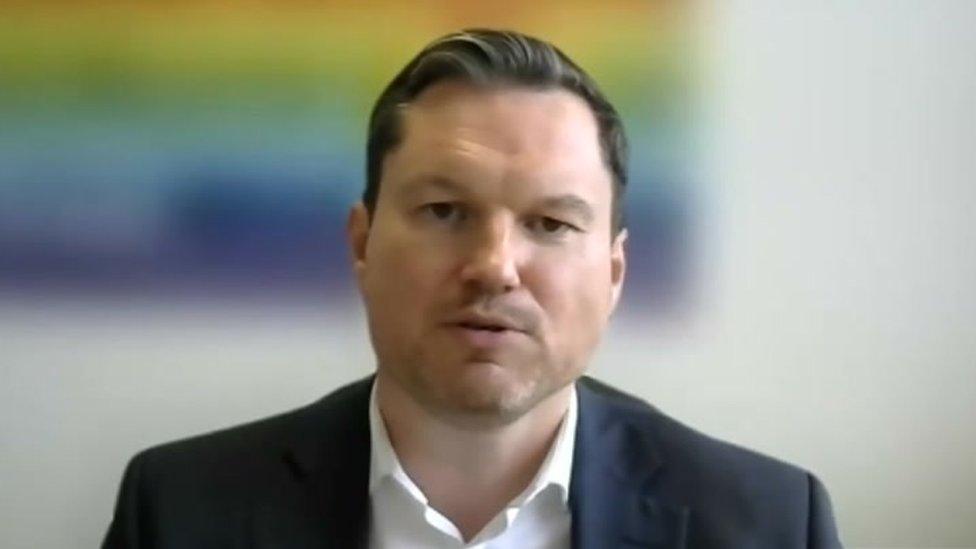What is behind Swindon hospital's critical incident?
- Published
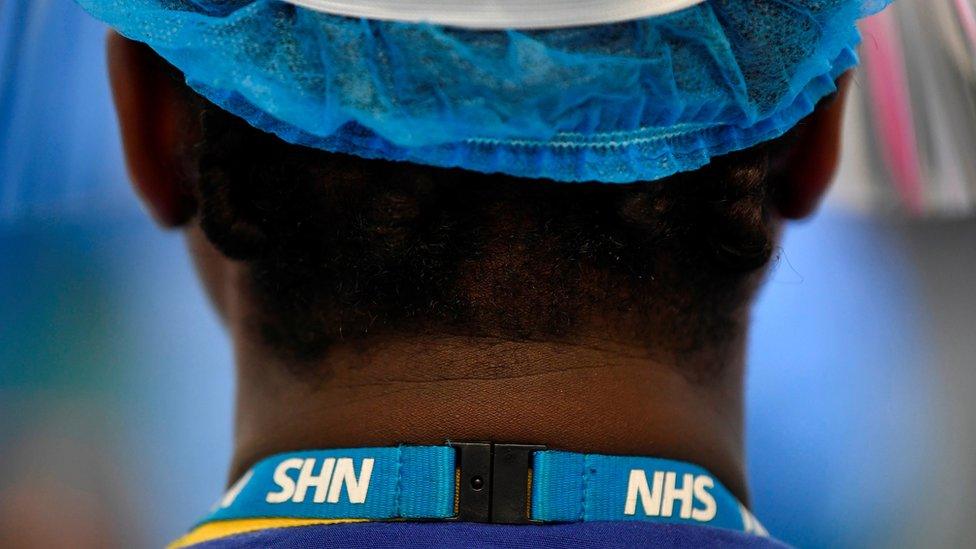
Sustained levels of demand have led to Swindon's Great Western Hospital declaring a critical incident
Great Western Hospitals NHS Foundation Trust has declared a "critical incident" amid a rise in Covid cases.
Chief executive Kevin McNamara said the trust - which runs Great Western Hospital in Swindon - took the decision after "sustained high levels of demand" and "availability of beds".
Covid inpatient numbers have risen 81% since Christmas Eve, he said.
Also, Bath's Royal United Hospital - which serves patients in West Wiltshire - has declared a similar incident.
Here, we look at the reasons behind the pressure.
What is happening?
Wiltshire's three hospitals are now treating more than 150 Covid patients between them and hundreds of hospital staff are off work with the virus or waiting for test results.
Swindon's Great Western Hospital (GWH) is the worst affected. It is so busy it has declared the highest level of alert.
Declaring a critical incident triggers extra support from other parts of the health and social care system - they can draft in staff from other duties, and getting support for speeding up discharges.
Mr McNamara has apologised for long waits for patients but warned "modelling shows it is likely to get tougher in the next few weeks".
This is not just down to rising Covid admissions.
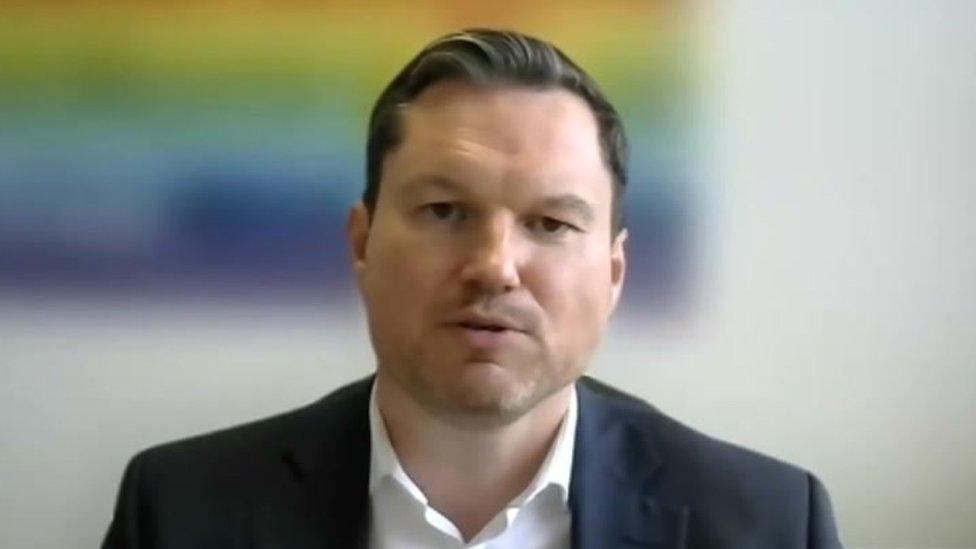
Kevin McNamara said the trust declared an internal critical incident due to sustained high levels of demand and availability of beds
The hospital is seeing many more patients than normal arriving at the emergency and urgent care departments, as well as many patients with seasonal illnesses like flu.
"This all means that we have less bed capacity than we did before," said Jon Westbrook, GWH medical director.
He added that "delays in discharges can put even more strain on our ability to see new patients coming to the hospital".
What are the numbers?
Nearly 10,000 people across Wiltshire and Swindon tested positive for Covid in the week up to New Year's Eve - the highest number recorded during the pandemic and nearly double the case numbers seen locally in January 2021.
It is important to remember a far smaller proportion of cases are ending up in hospital than a year ago, but a small proportion can quickly seem like a large number when rates are this high.
At time of writing, the GWH has 72 Covid patients, the Royal United Hospital in Bath has 71 and Salisbury District Hospital has 19.
But a big part of the pressure is staff absences due to testing positive for the virus or awaiting results.
Of the 400 staff off sick at GWH and the 250 off work at Salisbury, around half are related to Covid.
The Royal United Hospital has not specified a figure other than saying absence is much higher than usual.
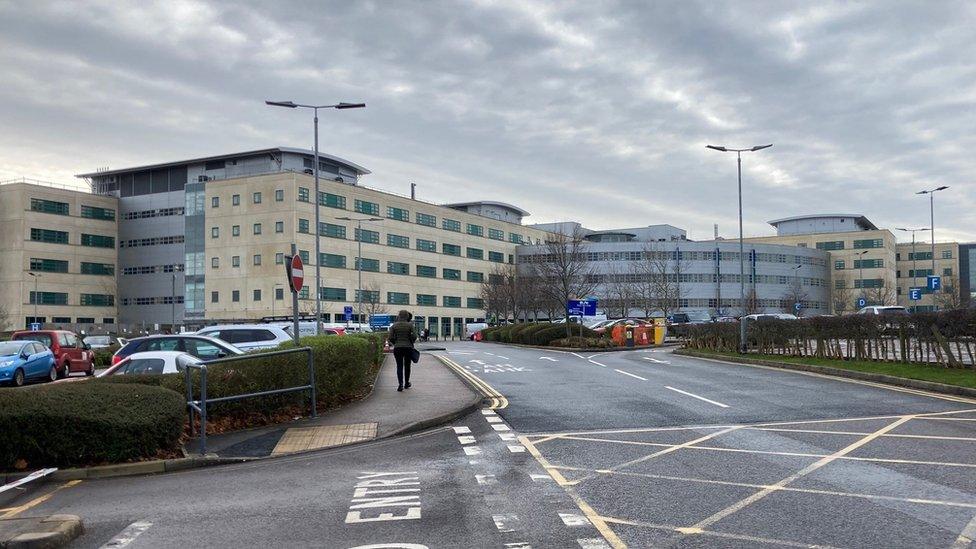
The hospital is suffering from staffing issues to due Covid
How long could this last?
Wiltshire's director of public health, Kate Blackburn, has told me their modelling suggests the county's rates will peak in the next couple of weeks before plateauing and eventually falling.
But she warned it is too early to suggest that if we "just stick it out through January and February" it will be fine.
She added: "If this pandemic has taught us anything in the last couple of years, it's that it's incredibly unpredictable".
What can be done to help?
The hospital trust said people can "do their bit to help free up beds" by promptly picking up loved ones who are ready to be discharged.
It is also urging the public to use the NHS 111 service for urgent conditions which are not life threatening, instead of just turning up at A&E, as they can arrange a treatment slot, if needed, without spending hours in the waiting room.

Follow BBC West on Facebook, external, Twitter, external and Instagram, external. Send your story ideas to: bristol@bbc.co.uk
Related topics
- Published4 January 2022
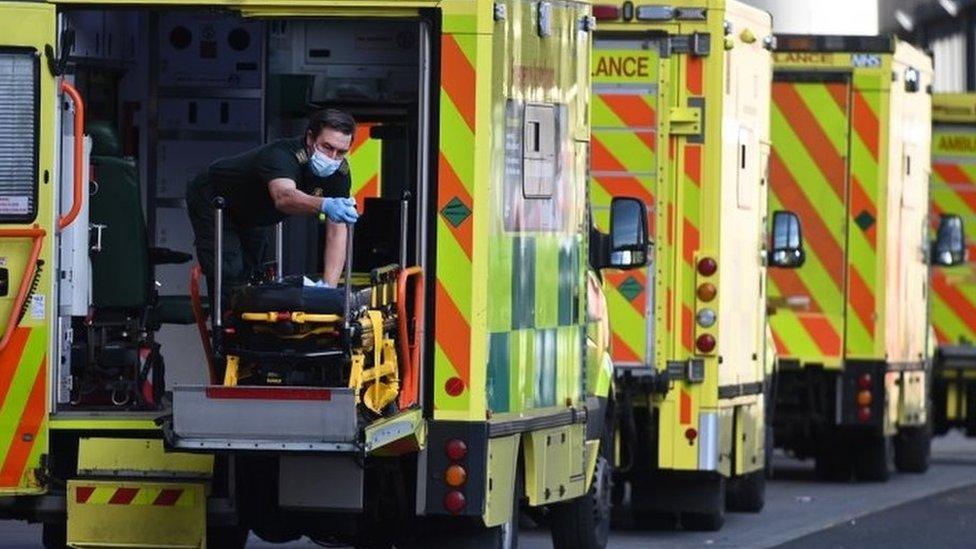
- Published4 January 2022
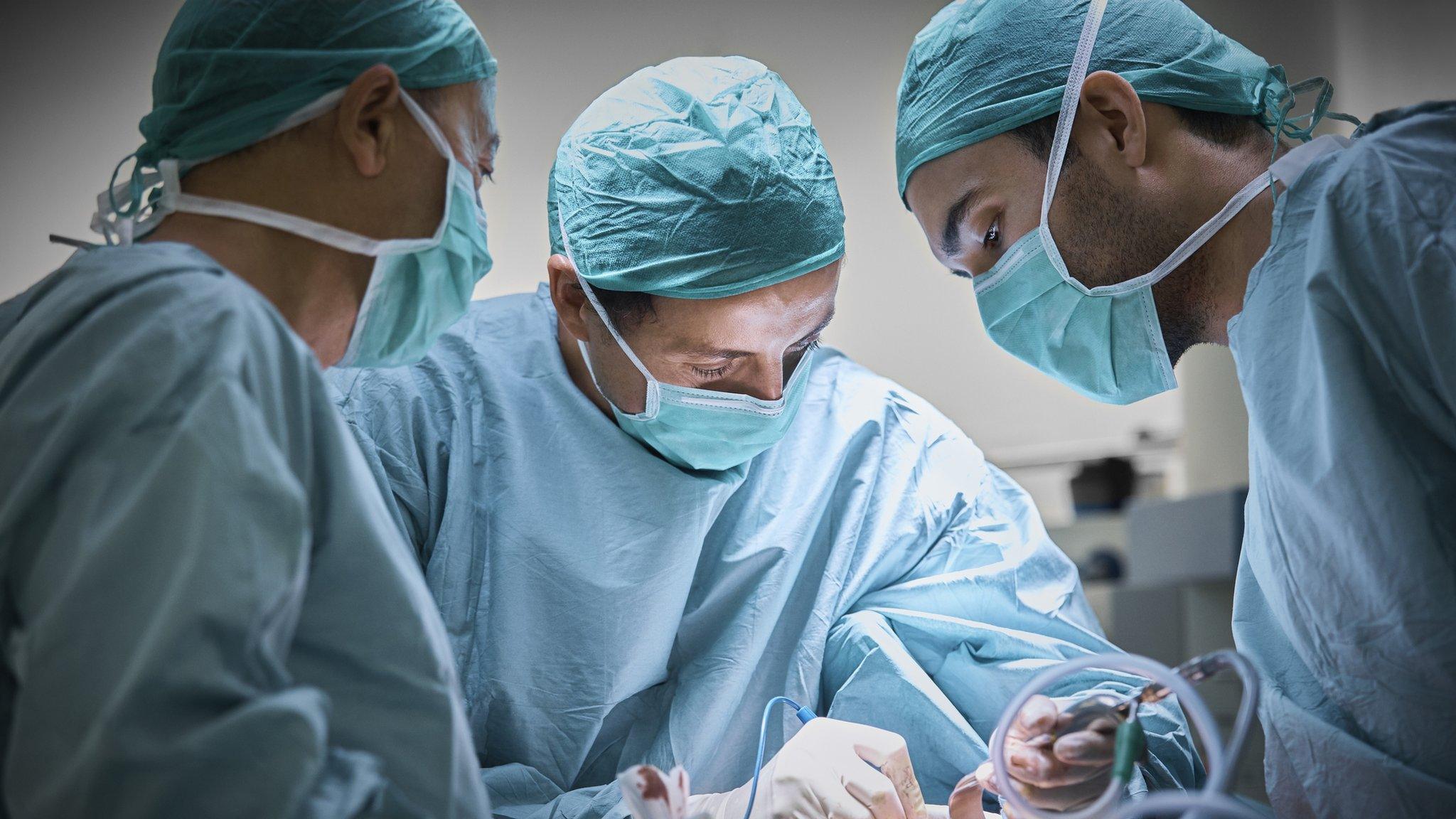
- Published22 October 2021
